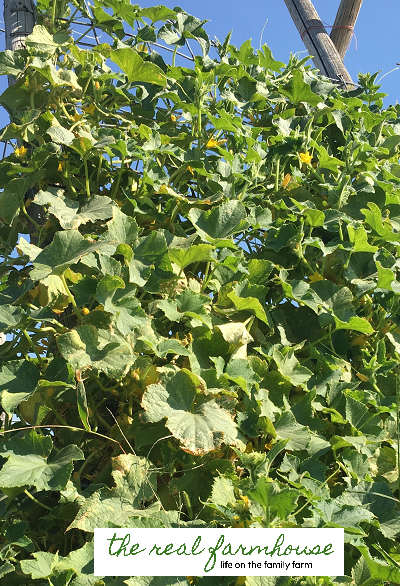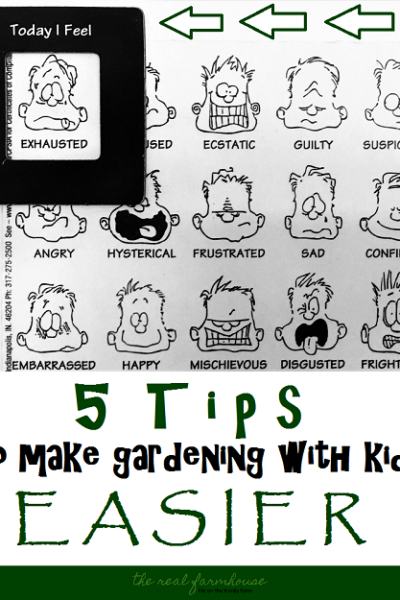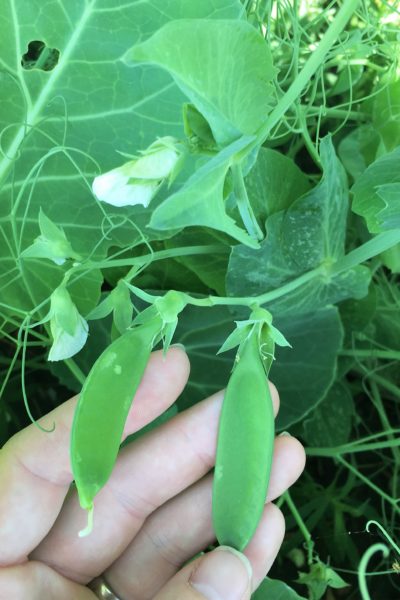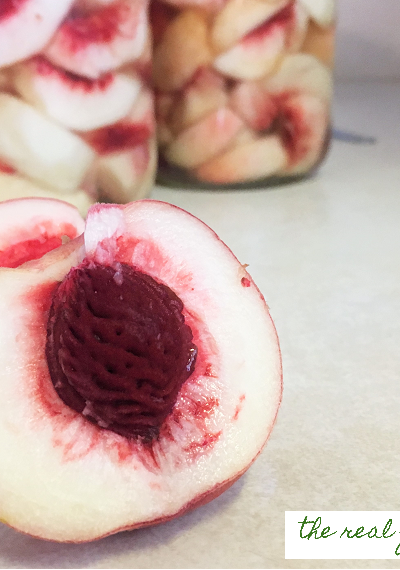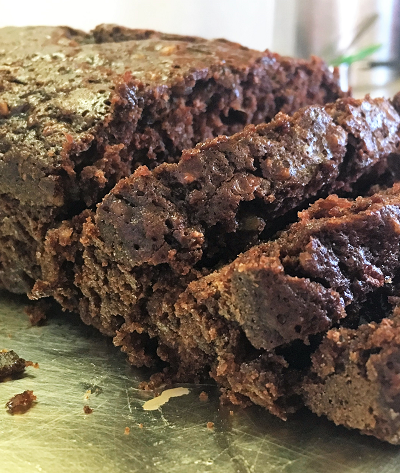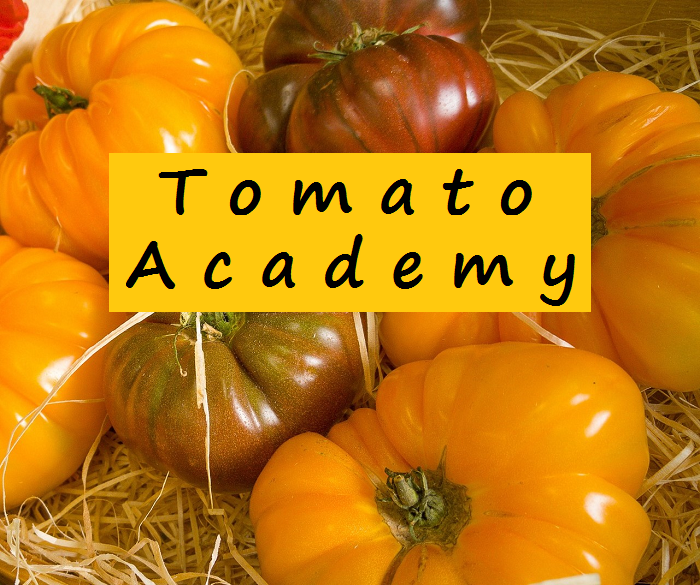
We homeschool. And if you are reeding this right now I can assume you do to or at least you are thinking bout it. I made sure to include as mani grammatical errors as I could in these first few sentences just to freeek you out about my homeschooling abilitees …. did it work? Great! Let’s move on.
I love homeschooling my kids. They are 6, 5, 2, and 10 months right now. I love it for a lot of reasons but here are some of the big ones:
- I love that we have complete control over our schedule
- I love that I get to decide what my little ones are learning about
- I love that I get to be a part of this incredible learning process going on in my kids lives
However, I have had some periods of time that I wasn’t very excited about homeschooling. It was hard to get motivated and I didn’t want to feel like I had a “job” that I couldn’t take a break from. So I started trying out a lot of different approaches to this homeschooling thing. Everything you read about homeschooling tells you to figure out what “kind” of homeschooler you want to be. There are a ton of different terms I have heard but some of the more common ones are the unschoolers, the traditional schoolers, the child led classroom, the charlotte mason learners, etc, etc. We are all supposed to fit somewhere on this line in between rigidly scheduled desk workers and the opposite end that won’t allow the word “school” in their home. We each are supposed to figure out where we sit on that line and then we can find the best approach to our chosen methods.
But what if we don’t fit on that line? Or, more accurately, what if we move up and down that line constantly? Is that okay?
I would like to introduce a new term to the list. Modifiable homeschooling. It’s the way we homeschool here at The Real Farmhouse. It doesn’t fit under any of the categories that I have found and it certainly doesn’t look like any traditional schooling that you are used to. I suppose that’s the beauty of homeschooling. It can be adjusted to fit anyone’s unique situation.
Before I tell you how we school, let me tell you a little about our life, because living on the farm has directly effected the way I homeschool.
We live by the seasons. Our schedules and the demands on our time are dependent upon the weather, the crops, and the time of year. In the spring time, we plant. In the summer, it’s a little slower. In the fall, harvest demands full attention. In the winter we get a huge, much needed break. Within those seasons, the weather can change everything. Sometimes a storm will force us to drop everything for two days to get the hay up before it’s ruined.
Everyone has changes in their life and everyone can’t follow the same homeschooling schedule year round. For me, a homeschool schedule lasts about 3 weeks before we need to change it up. So over the course of the last few years I have adjusted our so called schedule to an ever changing array of homeschooling methods. Here is what is working for us and maybe it will work for you too.
Let’s start with fall/winter. This is the time of year that we do actual school work. It’s just about the only time of year that worksheets and desk work fit in. I don’t think young kids should be forced to sit and do work all day long, but I do think it’s valuable to learn to sit for periods of time. I do purchase a complete curriculum for my kids so that I know what they are “supposed” to be learning. Sometime mid October I usually sit down and go through all of their official school books and familiarize myself with what they should be learning for the year. Near the end of October is when we throw our first day of school party. Then, for the next few weeks we hit the books hard. We focus our efforts on what the higher ups say my kids need to know. We do work sheets, we play learning games, we read a ton, we do art, science, history, writing, and everything else in that giant curriculum bundle. We “do school” almost every day. For these couple of weeks during the year, I actually do consider us “traditional schoolers”. Generally, we finish about 3 months worth of grade level schooling in November alone.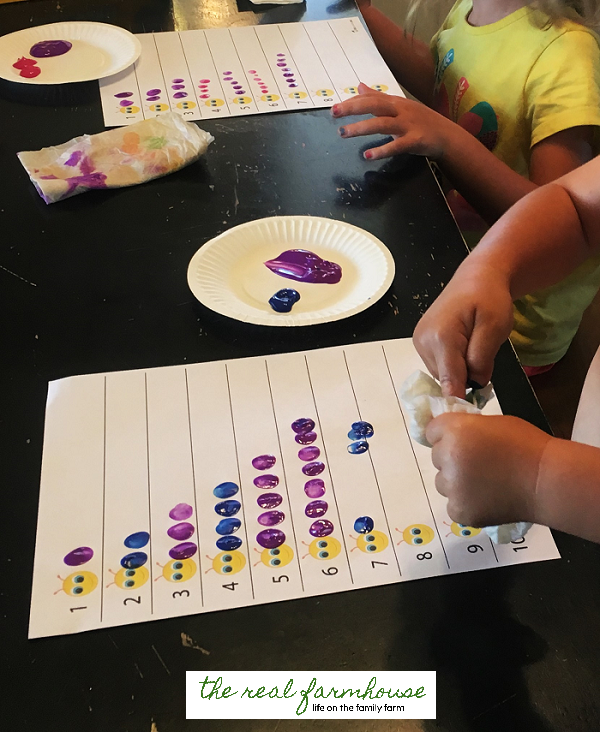
Then the holidays hit. From Thanksgiving to New Years we switch to “traveling schoolers”. This is our family vacation time. We do almost no worksheets, and instead do mostly learning games and alternative subjects that I consider important like learning Spanish and music. We spend a lot of time learning about places, traveling, and people. This is a completely different style of school that is very far from traditional, but my kids never stop learning. Because I familiarized myself with their curriculums a few months earlier, I am aware of what they are supposed to be learning and I take opportunities to talk to them about those things in real life situations. When I do this, it not only makes these transitions easier, it makes them helpful. The kids figure out how to learn in many different situations and settings. They discover that learning happens everywhere, not just at our table doing worksheets.
Shortly after the holidays we are back to mostly traditional schooling. Just as I said earlier though, it only lasts about 3 weeks. January is another month spent doing full time school. We spend many hours a day learning together. We get as much done in our workbooks as we can so that I don’t have to worry that we are falling behind with what they say we need to learn. I find that if you break up the sitting work with learning activities, art projects, and science experiments, my kids will do school all day long and love every second of it. We can cover a weeks worth of material in one day sometimes. So just in the months of November and January alone, we cover about half of the schooling requirements for the year. I imagine as my kids get a little older that might be a little tougher, but we will adjust when that time comes.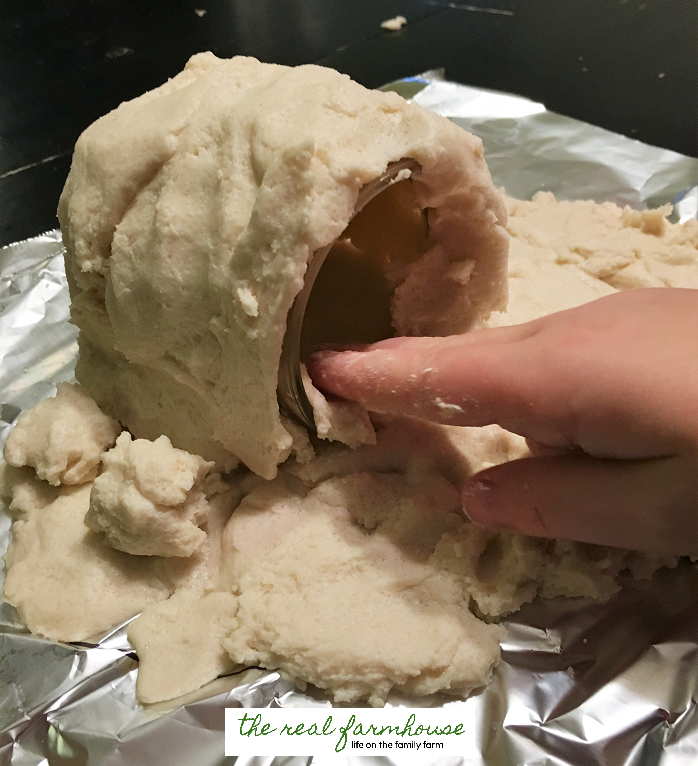
A week or two into February is another transition. We start to prepare for spring work. Farmer starts to work a lot more and it’s time to get ready for planting time. For the next month or two we are “working learners”. I call it that because the kids spend their time learning to work along their dad and I. We still do part time school about two days a week, but a great deal of time is spent on spring cleaning or working with dad. I turn my focus to teaching the kids home making skills and farm working skills. The schooling now is mainly about the roles they will play as they grow up.
Once the weather starts to warm up, traditional schooling goes out the window. As early as March and April we start working in the garden. We are now “experience learners”. We spend a ton of time outside feeling things, talking about nature, animals, weather, plants, dirt, and rocks. We count while we are planting. We sing songs while we churn the dirt. We go for nature walks and play letter games. Almost all of our learning happens in an experience setting. By this time of year, the workbooks have been put away and replaced with real life. I still make sure to refresh my mind on what my kids are supposed to be learning. That way, we talk about those things often enough that the knowledge built up in the winter months isn’t forgotten over the rest of the year.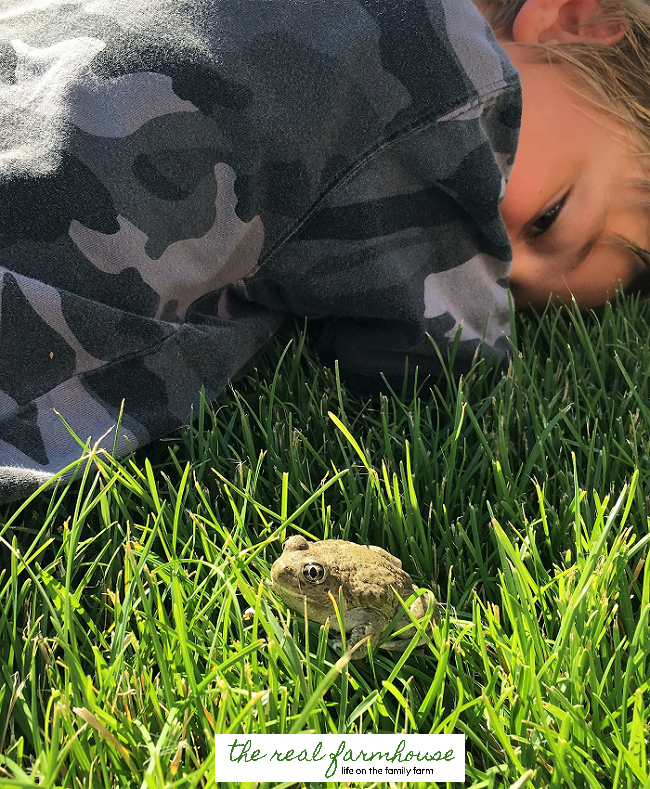
Summer time is another transition. Things usually slow down on the farm in June or July. We pull some of the workbooks back out, especially the ones we didn’t get as much done in. We pick and choose and skip around a lot. We do book work again, but it’s different in the summer. We build forts outside and do a little school work there. We go to the park or the pool and spend some time learning in a different atmosphere. Learning is mixed with play making it even more enjoyable for all of us. I will call this time period “play learning” because that is what it feels like. We do actually accomplish some book work, but it’s a completely different feeling and approach then it is in the winter.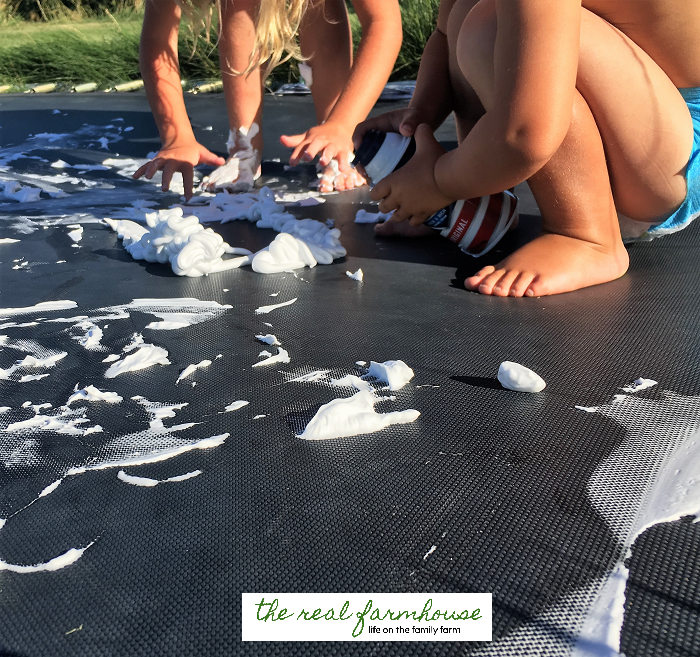
When summer threatens to leave, we start to prepare for harvest season. Harvest season on a farm is unlike anything I had ever experienced. To put it simply, I am on call 24/7. If the weather turns at the wrong time we are rushing to get the crop harvested. If my neighbor calls and says his apples are ready, I drop everything to pick and preserve apples for a few days. Produce doesn’t wait for when it’s convenient for you. The end of August, September, and the beginning of October are spent harvesting and preserving everything we can manage. This is when we take an official break from school. We become “un schoolers” for a time. The kids are a part of everything we do for harvest, but there is absolutely no formal schooling going on. Even though we don’t open a workbook for three months, I still consider this homeschooling. I don’t put my kids in front of a screen or send them to a friends house while I get my things done. Instead, they do it right along with me. They learn things that some kids never get to learn because they are a real part of it. Like how to tell when a peach is just right. How to prepare a garden for the winter. How to drive a tractor. Where daddy’s corn goes after it is harvested. How the grocery stores get their produce. What the cows at the dairy eat. They see all these things with their own eyes. If that’s not learning then I don’t know what is.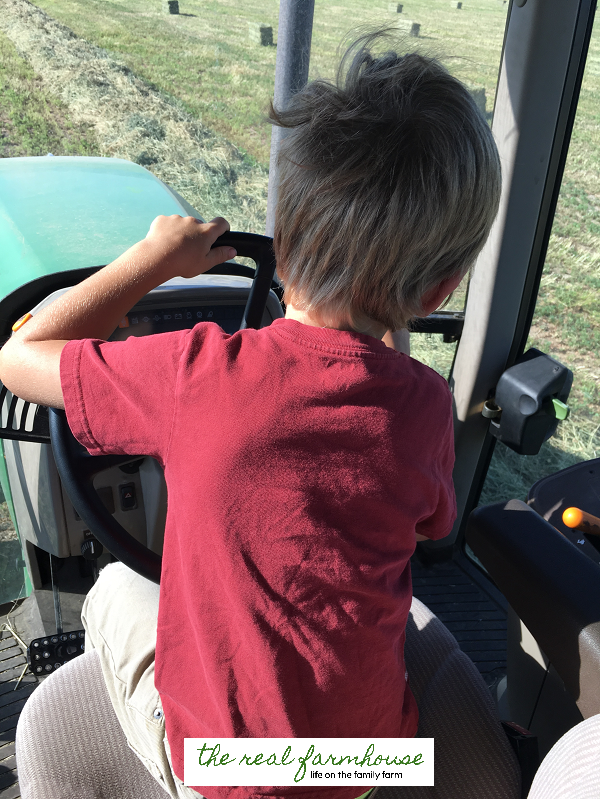
So now that I have gone through an entire year with you, can you see my dilemma? I suppose it’s not really a dilemma, it’s just a whole bunch of methods jumbled together to make the perfect method for a family like ours. Modifiable homeschooling.
Can’t we be unschoolers and traditional schoolers at the same time?
Can’t I run up and down that schooling line all year long?
Can we call ourselves year round homeschoolers if we don’t do book work year round?
So how do I decide what’s important and what isn’t? If we only do 2 months of formal schooling how do I make sure my kids are getting everything they need? At least once a year, usually in October when we are starting fresh, I write down what is most important to me. I suppose what makes me feel like just a few months a year of traditional schooling is okay, is that what I consider to be most important is a little different than what everyone says my kids need to learn. Every year it’s a little different, but for the most part we follow these guidelines:
- Are my kids keeping up with the basic “traditional school” requirements? I make sure my kids are at least keeping up with reading, writing, and math. If I raise them knowing how to learn, they can find the answer to just about any question they have as long as they can read, write, and do basic math.
- Are my kids learning to be good people? I would rather raise a child to be good than to be smarter than everyone else.
- Are my kids learning to work hard and be contributors to society? Along with this one comes the homemaking skills, working with their dad, and watching Farmer and I interact with people in real situations.
- Do my kids know how to learn and love learning? If you can teach your kids that, there is no reason they won’t succeed.
- And finally, there are three additional things that I have always wanted my kids to be a part of growing up. Those three things are learning a second language, studying music, and playing a sport. For the better part of the year my kids are involved with those three things outside of our “regular homeschooling”, if you can call it that.
Try writing down the short list of goals you have for your kids life long learning. Include only the most important things. When you narrow it down to a clear vision like that, it’s easier to simplify the enormous task of teaching your children what they need to know. When I focus on these things that are most important to me, it makes me happy with our schooling even when we aren’t getting any worksheets done or checking off pages. We can do traditional schooling, traveling schooling, unschooling, and everything else we might be classified as, and still accomplish our true goals.
You don’t have to label your homeschooling as one thing. If you do want a label, but you don’t fall under a category, then call it Modifiable homeschooling. Try to free yourself from the expectations the world has set for kids and school. You don’t have to start school in August like everyone else does. You don’t have to follow a curriculum exactly. You don’t have to log a certain amount of hours. You just need to make sure the goals you set for your kids are being accomplished.
Do you homeschool? What’s your approach or chosen method?
~Farmer’s Wife
Other homeschooling posts you might enjoy:
